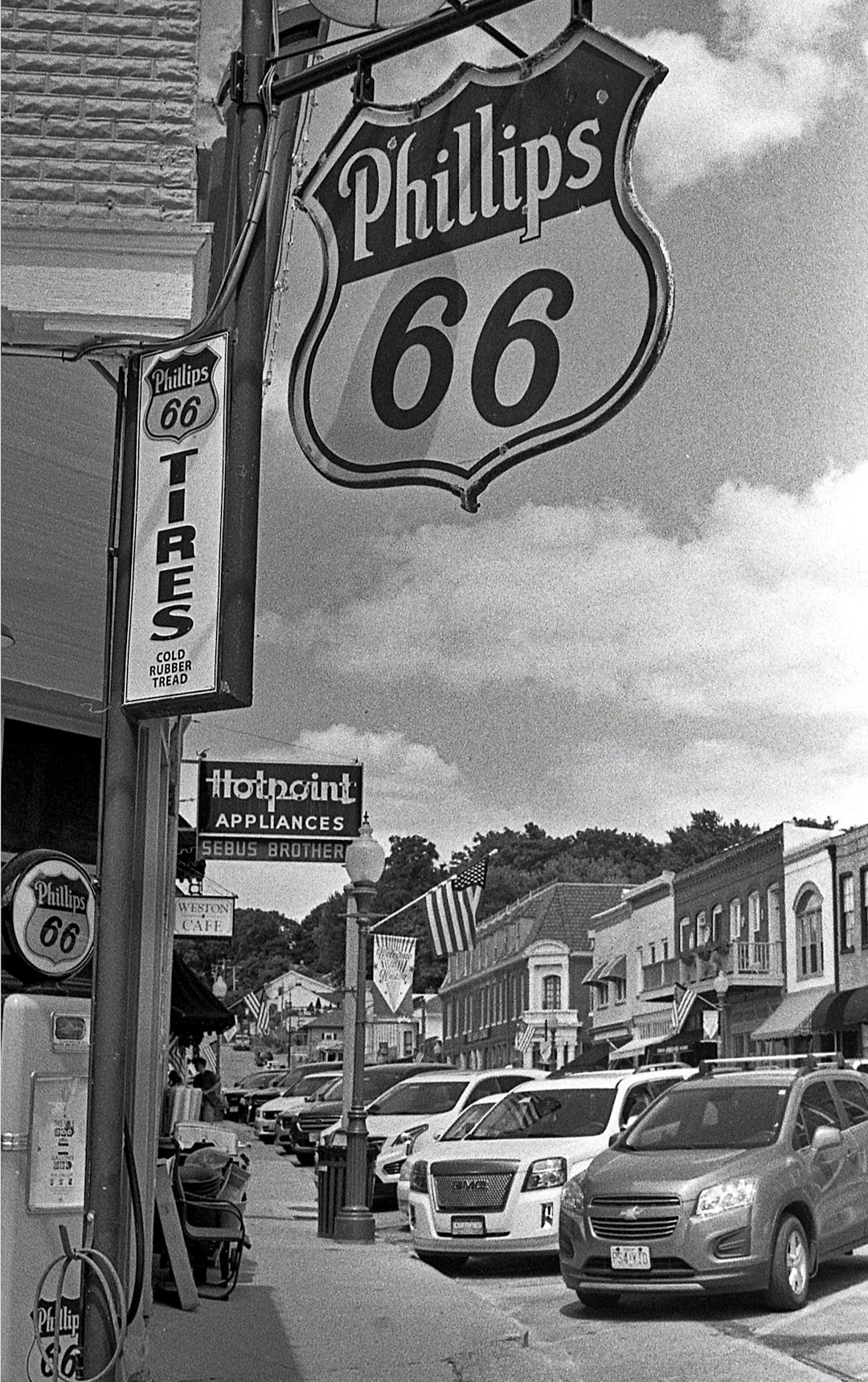Consumer resistance to telemarketing calls from law firms in Missouri is driven by privacy concerns, distrust of unknown callers, and past negative experiences. Despite "do not call" registries and laws, anxiety-inducing calls can still trigger defensive reactions. Marketers and legal professionals must understand these psychological barriers to overcome consumer reluctance, ensuring previous experiences don't hinder successful business relationships. By adhering to "Do Not Call" lists, respecting privacy preferences, and employing personalized digital outreach, law firms in Missouri can effectively connect with potential clients while navigating regulatory compliance.
In today’s digital age, understanding consumer behavior is crucial for legal services providers navigating telemarketing. Many consumers in Missouri and across the nation have negative reactions to unsolicited calls, leading to a growing reliance on Do Not Call lists. This article delves into the psychology behind consumer resistance, exploring how these factors influence decision-making. We discuss strategic marketing approaches that respect privacy and preferences while effectively communicating legal services. Additionally, we review Missouri’s Do Not Call laws and ethical considerations, offering case studies of successful non-intrusive marketing techniques in the legal sector to build trust and enhance client relationships.
The Psychology Behind Consumer Resistance to Telemarketing

Consumer resistance to telemarketing calls is a complex psychological phenomenon that goes beyond mere annoyance or a desire to avoid interruption. Many individuals in Missouri, when faced with unsolicited phone calls from lawyers or law firms promoting their services, often react defensively due to a combination of factors. One significant aspect is the perception of invasion of privacy; modern consumers are increasingly sensitive about sharing personal information over the phone, especially after years of dealing with spam calls and phishing attempts. This resistance is further fueled by the distrust that comes from not knowing the caller’s intentions or the legitimacy of their services, particularly when it pertains to legal advice and representation (Do not call lawyer Missouri, Do not call attorney Missouri, etc.).
The “do not call” registries and laws in Missouri have been designed to address this very issue, but even with such measures in place, consumers still face challenges. The mere act of receiving a telemarketing call from a law firm can trigger anxiety and a sense of being pressured to make an immediate decision, which many find unappealing. Additionally, some individuals may have had previous negative experiences with telemarketers or legal services, leading to a general reluctance to engage (Do not call law firms Missouri, Do not call lawyers Missouri). Understanding these psychological barriers is crucial for marketers and legal professionals alike to tailor their approaches, ensuring that consumer resistance doesn’t hinder the potential for meaningful interactions and successful business relationships.
– Exploring the psychological factors that influence consumers' negative reactions to telemarketing calls

Consumer behavior towards telemarketing calls is a complex interplay of various psychological factors. Many consumers in Missouri, and beyond, have developed negative reactions to unsolicited phone calls from law firms or attorneys, often prompting them to register on Do Not Call lists. One significant factor is the perception of invasion of privacy; consumers may feel their personal space is violated, leading to resentment and distrust towards telemarketers. The fear of being pressured into unwanted services or falling victim to deceptive sales tactics further exacerbates this negative sentiment.
The frequent and often repeated nature of telemarketing calls can also desensitize consumers, causing them to tune out the messages entirely. This apathy is especially true for calls related to legal services, as many people may not see the immediate relevance or benefit of such offers. Additionally, cultural and regional differences play a role; what might be considered acceptable marketing in one area could be perceived as intrusive in another, like Missouri. Understanding these psychological influences is crucial for telemarketers to refine their strategies and improve consumer perceptions, ensuring compliance with Do Not Call regulations while fostering better interactions.
– Understanding the Do Not Call lists and their impact on consumer behavior

In today’s digital era, consumers are more aware than ever of their rights regarding telemarketing calls. The implementation of “Do Not Call” lists has significantly shaped consumer behavior and expectations. Many states, including Missouri, have specific laws and registries that allow individuals to opt-out of unsolicited sales or marketing calls. A lawyer for a Do Not Call Missouri case might highlight the importance of these lists in protecting consumers from intrusive telemarketing practices.
For businesses, especially law firms, navigating these regulations is crucial to maintain client satisfaction and avoid legal repercussions. When a consumer registers their number on a Do Not Call list, it sends a clear message that they prefer not to be contacted by sales or marketing representatives. Missouri residents can register their numbers with the state’s Do Not Call registry, which restricts calls from telemarketers for a specified period. Understanding this dynamic is essential for law firms looking to balance their outreach strategies while respecting consumer choices.
Targeted Marketing Strategies for Legal Services

In today’s digital age, understanding consumer behavior is paramount for legal service providers aiming to connect with potential clients effectively. Targeted marketing strategies that respect consumer preferences are essential, especially when considering the prevalence of “Do not call” lists in Missouri. By reframing their approach, law firms can avoid traditional telemarketing methods that often elicit negative responses. Instead, they should focus on personalized outreach, leveraging online resources and client reviews to build trust.
Using digital tools like social media platforms and legal directories allows lawyers in Missouri to target specific demographics and cases. For instance, a lawyer specializing in personal injury could identify potential clients who have posted about their experiences online. This enables them to reach out with relevant, tailored information, addressing concerns directly and offering solutions. The key is to provide value without appearing intrusive, ensuring that marketing efforts align with consumer expectations for respect and privacy.






